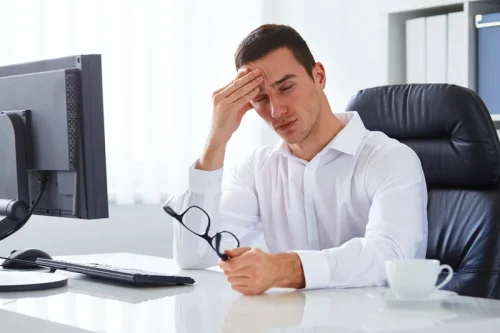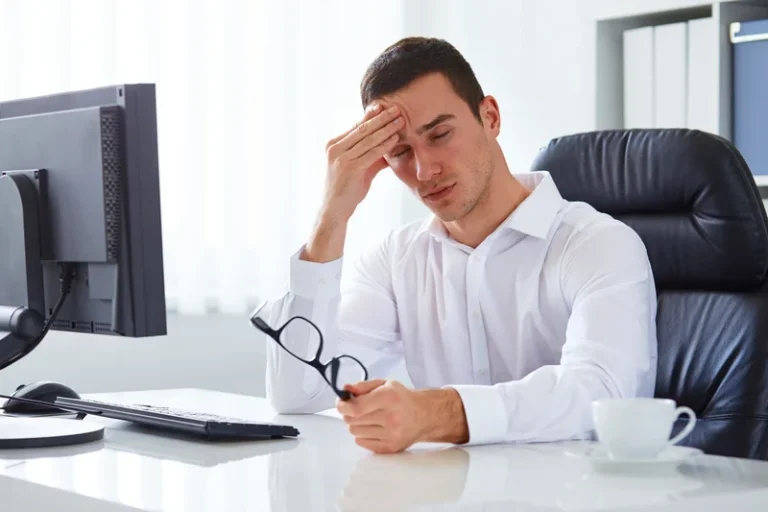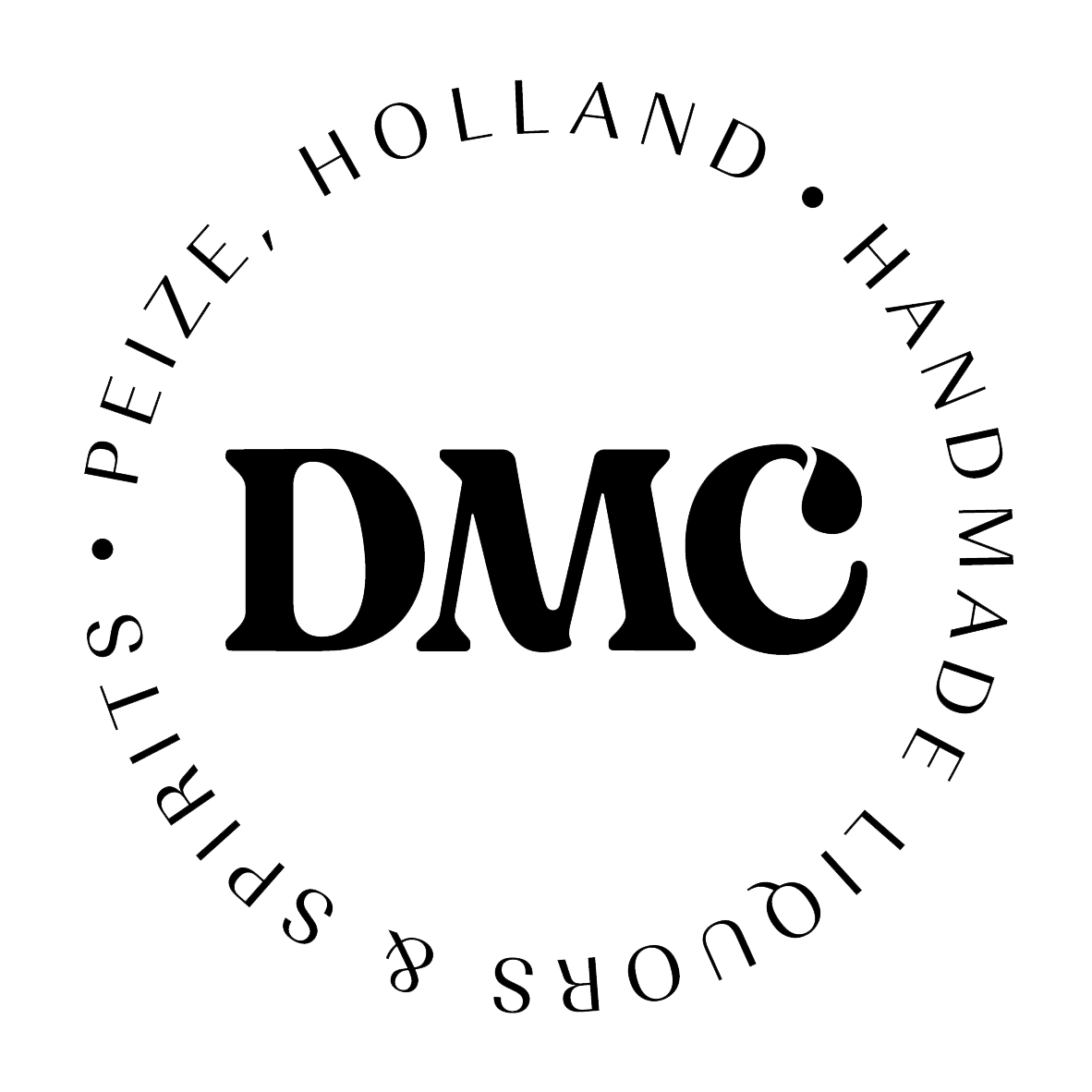
The results of several studies propose that alcohol may influence energy intake by inhibiting the effects of leptin, or glucagon-like peptide-1 (GLP-1) 56, 57. To date, the evidence suggests that alcohol does not appear to increase appetite through the action of peptide YY (PYY), ghrelin, gastric inhibitory peptide (GIP), or cholecystokinin (CCK) 57–61. Men tend to drink more than women, which can result in more weight gain. Drinking alcohol can also lower levels of the male sex hormone testosterone, increasing their risk of belly fat. If you’d like to prevent weight gain and still enjoy drinking, try choosing lower-calorie alcoholic beverages and manage how much alcohol you consume. This article reviews the calories in wine, how it compares with other alcoholic drinks, and whether drinking too much of it can lead to weight gain.

Factors that may Explain the Conflicting Findings between Alcohol Intake and body Weight
Insulin resistance is also higher after not getting enough proper sleep after consuming alcohol, making it more likely your body will preferentially store calories as fat (8). So achieving insulin sensitivity is a big part of losing weight and getting rid of abdominal fat. Your body will prioritize burning the calories from alcohol first over other calories you consume from food.
Does Alcohol Kill Probiotics?
- Alcohol lowers inhibitions, and most people don’t make the wisest food choices when drinking (5).
- So to recap where we are currently, you’ve just consumed anywhere from 1,000-2,000 calories at the pub, and now you’re inhaling another 1,500-2,000 calories of high fat, high sodium food.
- For example, Simon says that alcohol can affect levels of reproductive hormones like testosterone and estrogen.
- While no specific amount of alcohol directly causes weight gain, alcohol consumption combined with a sedentary lifestyle and poor eating habits can lead to increased body weight.
Alcohol consumption can also interfere with your digestive system. It may slow down the digestion process and cause temporary gastrointestinal disturbances such as gas or constipation. These disruptions contribute to a feeling of heaviness and can make your weight measurement a bit higher than usual. The LifeMD Affiliated P.C.s are administratively led by LifeMD Southern Patient Medical Care, P.C., with registered office 1200 South Pine Island Road, Plantation, FL 33324. Join LifeMD today and experience amazing healthcare, discounted labs and prescription medications… Poor sleep triggers hormonal imbalances, particularly in ghrelin and leptin — hormones that regulate hunger and fullness.

How Much Alcohol Do You Need to Drink to Gain Weight?
Most people intuitively know that alcohol equals unnecessary calories. As I mentioned above, lower testosterone levels means a reduced ability to burn fat. This is because alcohol activates starvation mode in the brain, which is why you may suddenly catch yourself eating an entire bag of Doritos after a long night out as if your life depended on it.
How Can Drinking Alcohol Make You Gain Weight?

Mixers like juices and sodas can significantly increase the calorie and carb contents of distilled spirits, such as vodka, gin, and whiskey. The choice between diet and regular Coke depends on preference and health goals. Diet Coke is low in calories but contains artificial sweeteners, which may impact weight loss. Regular Coke is high in calories and sugar, also affecting weight loss.

Sugar
Interestingly, other studies have suggested that drinking beer in moderate amounts of less than 17 oz (500 ml) per day may not carry this risk (7, 8, 16). In fact, one study found that men who drank more than three drinks per day were 80% more likely to have a lot of belly fat than men who didn’t drink as much (15). Because of their phytoestrogen content, it has been suggested that the hops in beer might cause hormonal changes in men that increase the risk of storing belly fat. Some evidence suggests that sleep-deprived people eat more food and find it harder to resist tempting snacks than usual.

Exercise is also a really effective way for both men and women to lose belly fat. Both cardio and high-intensity exercise can help (45, 46, 47, 48, 49, 50, 51). Try to avoid binge drinking, or having a lot of alcohol over one or two days. Nevertheless, drinking more than that could very well lead to significant weight gain over time. Gram for gram, beer contains as many calories as a soft drink, so it has the potential to add a lot of calories to your diet (2, 3).
- Therefore, you should always speak to your health care provider before consuming alcohol for heart health.
- This is a condition that presents several health issues at the same time, one of them being extra belly fat.
- The effects of alcohol on opioid, serotonergic, and GABAergic pathways in the brain all suggest the potential to increase appetite 62–65.
- It also reduces energy levels,7 making it challenging to engage in workouts and exercise.
Makes It Harder To Get Quality Sleep
He has over 15 years of experience as a personal trainer and nutrition coach. He strives to bring inspiration and results for people to live healthier lives through smart diet and exercise. If you’re eating junk food, those carbohydrates will also hold onto water, making you gain even more weight. But once you go back to eating right and exercising, you should be able to flush out that water weight quickly. You can also mix them with soda water or another mixer if it doesn’t have any calories. However, you should consume them moderately as they’re also easier to overconsume.
Drinking alcohol can contribute to increased body weight, as both alcohol and obesity negatively impact an individual’s body mass index (BMI), leading to a higher-than-healthy BMI. Therefore, the objective of this article is to provide an update on the link between alcohol intake and obesity. Furthermore, factors that may explain the conflicting findings in this research area are discussed. Finally, recommendations for future research are provided to promote a better understanding of the possible obesity-promoting effects of energy intake from alcohol. This risk of weight gain may be even higher in people who are already overweight compared to normal-weight people who drink beer (18).
However, the best way to limit weight gain from alcohol is to does drinking make you gain weight consume less or no alcohol. The empty calories will not make you feel full and can add extra pounds. In regular sodas, real sugar is a major contributor to calorie counts. Diet sodas are considered zero calories because they use artificial sweeteners instead of real sugar, which gives little energy to the body alongside other components of diet soda. Here, too, a trend of increasing numbers on the scale and waistlines was seen. The consensus across both groups was that regular or diet soda can promote the release of ghrelin.



